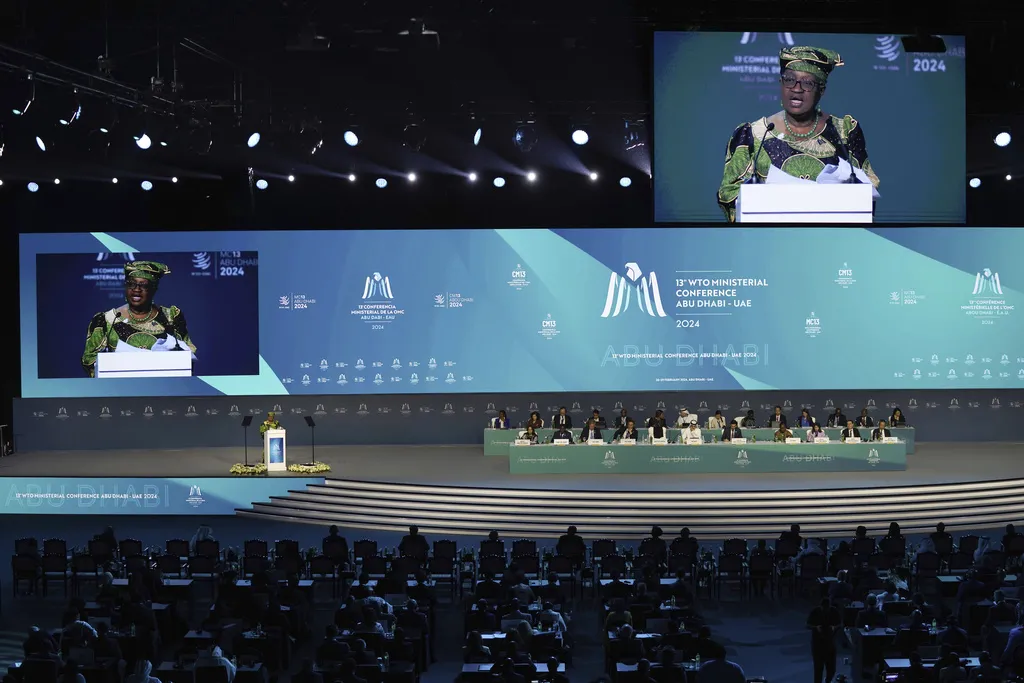Understanding America’s Trade Deficit: The Role of the WTO

The Underlying Causes of America’s Trade Deficit
The current trade deficit for America stands at a staggering $785 billion. Central to this issue is the World Trade Organization (WTO), which has been granting developing country status to nations such as China. This designation allows these nations to receive trade concessions, thereby distorting the competitive landscape of international trade.
How WTO Policies Affect U.S. Trade
- Since joining the WTO, the U.S. trade deficit has remarkably doubled as a percentage of GDP.
- Granting China Permanent Normalized Trade Relations (PNTR) further exacerbated the deficit situation.
- Issues arise from self-declared developing countries receiving unfair advantages in trade negotiations.
The Flaws in WTO’s Dispute Resolution Process
The U.S. finds itself at a disadvantage with the WTO’s dispute resolution framework. Most panels lean towards nations with a positive trade balance: the U.S. has been the defendant in many cases, losing 90% of them. The claim that the U.S. contributes to most violations is certainly questionable.
The Broader Implications for Trade Dynamics
Addressing issues such as Value Added Tax (VAT) shows the depth of the problem. While many nations rebate VAT on exports, American goods face harsh tariffs abroad, increasing prices unnecessarily. The WTO's sluggish enforcement further complicates these disputes.
Looking Ahead: The Need for WTO Reform
As America heads into election season, discussions surrounding the trade deficit must prioritize reforming the WTO. The danger of potential U.S. withdrawal, proposed by Trump, could lead to devastating consequences for global trade dynamics. It’s crucial that upcoming leaders advocate for changes within the WTO framework to protect U.S. interests while fostering fair international trade practices.
This article was prepared using information from open sources in accordance with the principles of Ethical Policy. The editorial team is not responsible for absolute accuracy, as it relies on data from the sources referenced.